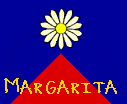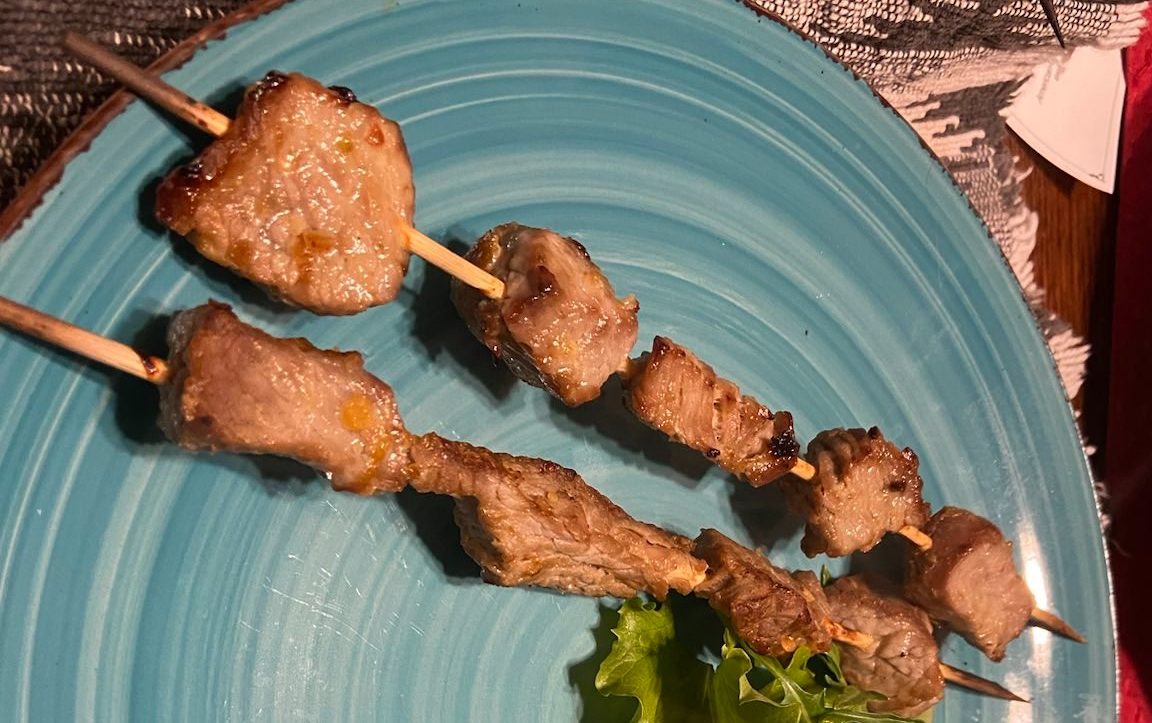Other Cuisines
Marga's Food

marga@lacabe.com
| Lombok is an island in the Indonesian Archipelago, located about 25 miles from Bali, traditionally inhabited by the Sasak people, a cultural group related to the nearby Balinese. Little is known about the history of Lombok before modern times, but the Sasak were apparently under the rule of a number of local chiefs, often at conflict with one another. The island was apparently became part of the Majapahit suzerainty, and its inhabitants were converted to Hindu-Buddhism before embracing Islam in the 17th century, after traders introduced the religion. Lombok became under the control of Balinese rulers in the early 18th century and later of the Dutch, after Sasak rebels invited their rule. It became part of Indonesia after WWII.
Sasak cuisine falls within the larger spectrum of Indonesian cuisine, with meat and vegetable dishes taking advantage of the spices and other products in the island. The Sasak have a number of traditional dishes, but they seem to be particularly fond of sates - with different towns offering their own versions. The one I made is very simple - that's why I chose it -, and it was quite tasty. You can use fresh Thai peppers or dried ones - I chose the latter because it was easier. See them if you don't like a very spicy sate. The traditional recipe asks for the meat to be grilled, but it's unusually cold and rainy this time of year here in California, so I broiled them instead.
Sate Ampat Sasak
Sasak Style Beef Sate

DESCRIPTION RECIPE
PRINT PDF
Sasak Style Beef Sate
Ingredients
Directions
Heat a non-stick pan over medium-high heat and add the nuts, minced garlic, chilies and shrimp paste. Stir fry for 3 minutes.
In a large bowl, mix the coconut milk and the kecap manis. Stir in the nut mixture. Add the beef cubes and marinate for 3 hours.
Preheat grill to high heat or broiler. Place meat cubes in skewers. Grill or broil for 3 minutes on each side, brushing with marinade after turning.
|
Adapted from a recipe at Worldcook.net
Related cuisines I've explored so far: Ambonese,
Balinese, Bruneian, Dayak, Indonesian, Jakartan, Javanese, Kalimantan, Kelantanese.
Do you have a comment on this recipe? Please make it here
|